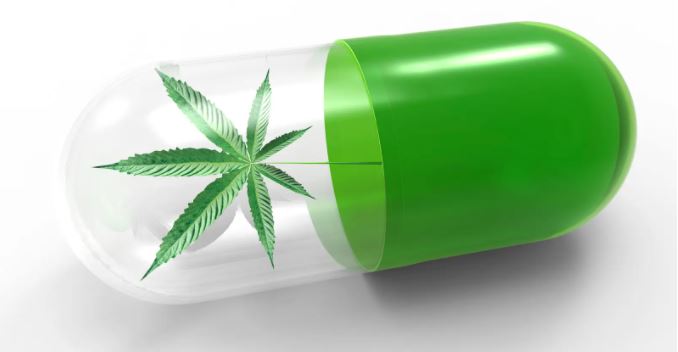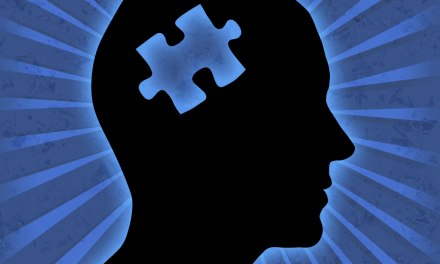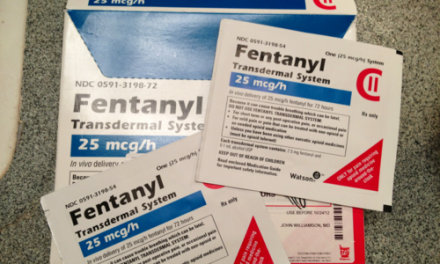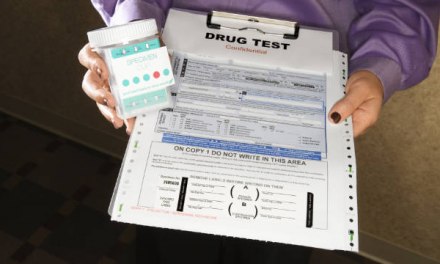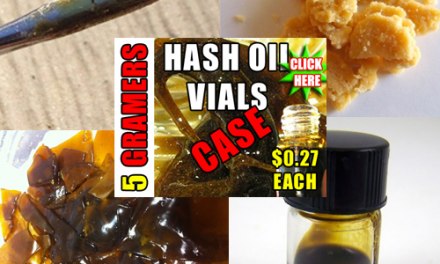Headline from The Guardian a few days back:
Nearly 43,000 people commented on the DEA reclassifying cannabis. What did they say?
Analysis shows 59% of commenters want the proposed rule change to go further and for marijuana to be decriminalized
You might recall that we touched on this issue a couple of months ago.
I’m still not entirely sure what the proposed change, if it comes to pass, would mean for people with addiction. Or for the field of treatment.
One thing seems clear: this whole issue is only one part of a much larger debate about the future of cannabis, the drug, in the USA. That debate will continue, no matter what happens in the near future at the FDA.
For cannabis advocates, and for the fast-growing commercial cannabis industry that serves users, the real aim is for legalization of the type already enjoyed by alcohol and nicotine. That means widespread sales and marketing, with only age restrictions to worry about.
Something we hear over and over: ‘Cannabis is less harmful than alcohol or tobacco, so why doesn’t it have the same status in the law?’
From long experience, we know that for most users, age of first cannabis use falls somewhere between 12 and 15. In other words, far below legal age. That’s already comparable to alcohol and tobacco.
Sometimes I’ll ask audience members at a talk to raise their hands if they themselves waited until they were legally of age in their home state to take their first drink. I might get one or two hands, out of a group of two hundred. Maybe not that many.
That would likely continue to be true for pot, as well.
So where do all those underage kids get their pot, since they can’t legally purchase it? From older kids, for one, who themselves probably got it on the black market (which is still thriving in most places, by the way). Or from their parents’ poorly concealed stash.
What, you thought they didn’t know where you kept it?
It’s hard to believe rescheduling will change that for the better.
Some researchers argue, with reason, that including cannabis on Schedule One has simply prevented them from finding possible new medical uses for the drug or its derivatives. If they can’t purchase cannabis, they can’t research it.
Most of the potential uses in medicine, however, won’t involve smoking a joint or vaping or chewing an edible. I’m told those are the methods the majority of medical marijuana patients favor. And I’ve read that enrollment in medical marijuana programs in some states has now dropped substantially after legalization. That’s because med marijuana participants have begun buying their cannabis from the outlets that sell the recreational Stuff. It’s the same drug, they claim, but cheaper and easier to obtain. So why not?
Of course, if the proposed rescheduling would allow your doctor to prescribe it and your local pharmacist to dispense it, does that mean that your health insurance would cover the cost?
I’m sure heavy pot consumers would appreciate that. Those with insurance, at least.
Will we see the last decade’s opioid pill mills replaced by pot mills?
Maybe in the end, this’ll come down to money. I mean, when doesn’t it?

